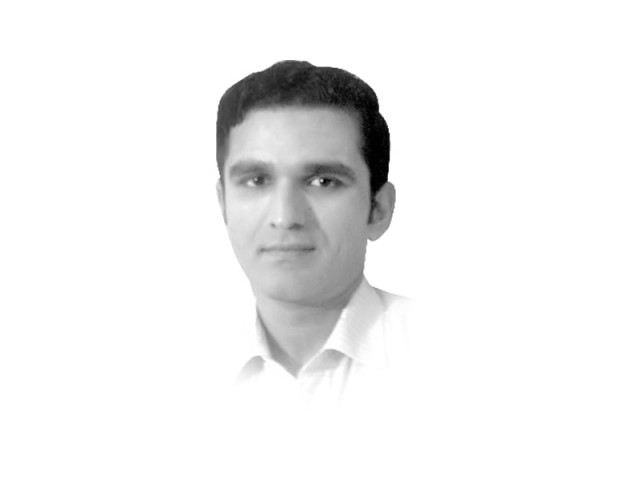ISPR and liberals on one side, JI on the other
The basic contradiction between outlook of Jamaat and Pakistan is one between universal Islamic Ummah & nation state.

The writer is the Chairperson of the Department of History, Forman Christian College, and tweets at @BangashYK
Secondly, as noted by the ISPR statement, remarks like these are political gimmicks, but that these are gimmicks which have begun to resonate with a significant number of people in the country. The Jamaat’s anti-US and anti-Western tirades might pacify their restless souls, but their hypocrisy is not lost on the population. I need not dwell on this point except to note that in Khyber-Pakhtunkhawa (K-P) alone, where the Jamaat is in government, USAID is running multi-million-dollar projects in several areas. The K-P government is even taking over 143 million pounds from the British aid agency, the DFID, for its education reforms alone, and this is just one of the projects among many funded by the DFID in the province. Therefore, I am not sure how ‘Islamic’ or ‘according to Sharia’ is taking money from governments the Jamaat calls all sorts of names. We cannot criticise the hands which feed us. That said, discourse in Pakistan is now rhetoric and sentiment-led, not logical and evidence-based. This is our greatest predicament and biggest challenge, and this episode exhibits it clearly.
Thirdly, such a statement from the Jamaat should not shock anyone. More than anything else, it shows that the Jamaat is still uneasy with the ‘nation state’ of Pakistan. It is a well-known fact that the founder of the Jamaat, Maualana Maududi, was vehemently against the creation of Pakistan as a nation state, as in his world view only a worldwide Islamic Ummah was a valid governmental option for Muslims. As Maududi noted himself: “Why should we foolishly waste our time in expediting the so-called Muslim nation state and fritter away our energies in setting it up, when we know that it will not only be useless for our purposes, but will rather prove an obstacle in our path.” Obviously, a country with defined boundaries which did not include all the Muslims in the world, and included non-Muslims who were supposed to be treated in the same manner as the Muslims, was an anathema to the Jamaat’s founder. This statement, therefore, re-establishes the basic contradiction between the outlook of the Jamaat and Pakistan — one between a universal Islamic Ummah and a nation state. I hope this incident makes it clear for the doubters in the military and elsewhere, of where our loyalty should lie.
Pakistan was established after the sacrifice of hundreds of thousands of men, women and children; it was created to be a place where freedom of religion and life would be respected. Let us not sacrifice our country at the altar of those who want to undo the sacrifice — indeed the martyrdom — of those who gave their lives for our tomorrow.
Published in The Express Tribune, November 19th, 2013.
Like Opinion & Editorial on Facebook, follow @ETOpEd on Twitter to receive all updates on all our daily pieces.













COMMENTS
Comments are moderated and generally will be posted if they are on-topic and not abusive.
For more information, please see our Comments FAQ